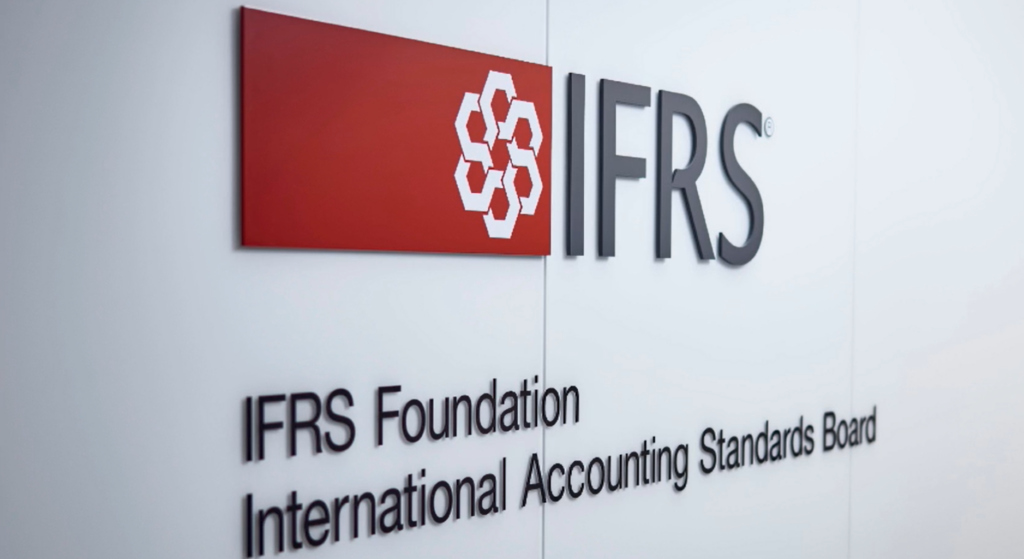ISSB Proposes Relief for Scope 3 Reporting Requirements in Financial Sector

- Financial institutions may exclude derivatives, facilitated emissions, and insurance-related emissions from Scope 3 disclosures under new ISSB proposals.
- Proposed amendments aim to ease application challenges without weakening the decision-usefulness of climate disclosures for investors.
- Optional reliefs could reduce compliance costs while maintaining alignment with global sustainability standards.
The International Sustainability Standards Board (ISSB) has proposed significant amendments to its climate disclosure standard (IFRS S2), offering new reliefs primarily for financial sector companies. These changes are designed to ease the reporting burden around Scope 3 greenhouse gas (GHG) emissions without diminishing the value of disclosures for investors.
“It is the role of a responsible standard-setter to listen to market feedback from the earliest implementation stages, and to support preparers in the application of our Standards,” said Sue Lloyd, ISSB Vice-Chair. “As a market-focused standard-setter, we have taken steps to respond in a timely manner by proposing targeted amendments helping preparers where possible, without causing too much disruption and ensuring that our Standards continue to enable the provision of decision-useful information to investors.”

One key proposed amendment would allow financial institutions to exclude emissions linked to derivatives, facilitated transactions, and insurance activities from their Scope 3 Category 15 disclosures. However, companies would need to disclose the volume of such activities excluded to maintain transparency.
Additional proposals include:
- Relief from using the Global Industry Classification Standard (GICS) in some cases when disaggregating financed emissions data.
- Permission to use jurisdiction-required Global Warming Potential (GWP) values not aligned with the latest Intergovernmental Panel on Climate Change (IPCC) assessments.
- Clarifications permitting alternative GHG measurement methodologies if mandated by jurisdictional authorities, rather than solely the Greenhouse Gas Protocol.
“The ISSB’s proposed amendments represent a pragmatic evolution of climate disclosure standards, acknowledging the unique challenges financial institutions face while preserving transparency. By refining Scope 3 requirements for derivatives and insurance-associated emissions, the ISSB demonstrates that effective standards must balance ambition with achievability. This approach enables financial institutions to focus on meaningful value creation and preservation across their portfolios, providing investors with decision-useful information that drives authentic progress toward a more sustainable economy.” Maura Hodge, KPMG US Sustainability Leader

RELATED ARTICLE: ISSB Releases Digital Sustainability Taxonomy to Enhance Analysis of Financial Disclosures
Lloyd emphasized the careful balance the ISSB seeks to maintain:
“Proposing these amendments to a relatively new Standard is not a decision that was taken lightly—we have carefully considered the need for such amendments and have sought to balance the needs of investors while considering cost-effectiveness for preparers.“
The ISSB’s Exposure Draft for these amendments is now open for public comment until June 27, 2025. Final amendments are targeted for completion by the end of 2025, subject to feedback analysis. The ISSB stressed that the reliefs are optional, ensuring flexibility for preparers and maintaining alignment with global sustainability disclosure frameworks.
Companies currently reporting under IFRS S1 and S2 can continue as issued in June 2023, while jurisdictions with standards “based on” ISSB frameworks are encouraged to integrate the updates to uphold a consistent global baseline.
Follow ESG News on LinkedIn












